
Standards for titles of civil servants in leadership and management in state administrative agencies
Decree No. 29/2024/ND-CP dated March 6, 2024 of the Government stipulating standards for titles of civil servants in leadership and management positions in state administrative agencies takes effect from May 1, 2024.
The Decree stipulates general standards applicable to leadership and management positions of civil servants, including: political and ideological standards; standards on ethics, lifestyle, sense of organization and discipline; standards on qualifications; standards on capacity and prestige; standards on health, age, and work experience.
Decree 29/2024/ND-CP specifies the standards for each leadership and management position of the Ministry, the General Department and the specialized agencies under the People's Committees at the provincial and district levels.
Conditions for establishing industrial clusters
The Government issued Decree No. 32/2024/ND-CP dated March 15, 2024 on the management and development of industrial clusters, effective from May 1, 2024. In particular, the Decree clearly stipulates the conditions for establishing and expanding industrial clusters.
The Decree stipulates that the establishment of industrial clusters must meet the following conditions:
Included in the List of industrial clusters in the province approved by competent authorities; has land fund in accordance with land use planning in the district;
There are enterprises, cooperatives, and organizations with legal status and capacity to invest in building technical infrastructure that propose to be investors in building technical infrastructure for industrial clusters;
In case the district-level area has established an industrial cluster, the average occupancy rate of the industrial clusters must reach over 50% or the total unleased industrial land fund of the industrial clusters must not exceed 100 hectares.
9 types of dangerous goods
Effective from May 15, 2024, Decree No. 34/2024/ND-CP dated March 31, 2024 of the Government stipulates the List of dangerous goods, transportation of dangerous goods by road motor vehicles and inland waterway vehicles.
Decree 34/2024/ND-CP clearly states: Dangerous goods are goods containing dangerous substances that, when transported by road or inland waterway, can cause harm to human life, health, the environment, safety and national security.
Depending on chemical and physical properties, dangerous goods are divided into 9 types and groups.
New regulations on awarding the titles "People's Teacher" and "Excellent Teacher"
Decree 35/2024/ND-CP dated April 2, 2024 of the Government regulating the awarding of the titles "People's Teacher" and "Excellent Teacher" takes effect from May 25, 2024.
Specifically, the subjects of application are teachers, educational managers, educational researchers including:
+ Teachers and managers at educational institutions are responsible for caring, nurturing, educating (generally called nurturing), and teaching in educational institutions according to the provisions of the Law on Education;
+ Management staff performing management duties at educational management agencies according to the provisions of law (collectively referred to as management staff at educational management agencies);
+ Educational researchers are responsible for research on educational science and training, vocational education;
+ Teachers, managers at educational institutions, managers at educational management agencies, educational researchers who have retired under the social insurance regime between two consecutive award consideration times and the award consideration year;
+ Teachers, managers at educational institutions, managers at educational management agencies, and educational researchers who have retired under the social insurance regime continue to be teachers, lecturers, and permanent managers at non-public and private educational institutions.
Consideration for awarding "Ho Chi Minh Prize", "State Prize" for literature and arts
Decree 36/2024/ND-CP dated April 4, 2024 detailing the awarding of "Ho Chi Minh Prize" and "State Prize" in literature and arts takes effect from May 20, 2024.
The Decree clearly states that the consideration for awarding the "Ho Chi Minh Prize" and "State Prize" in literature and art must ensure the following principle: Works, clusters of works, projects, clusters of projects (works, projects) in literature and art by the author can only be proposed for awarding in one specialized field of literature and art.
Literary and artistic works of authors who have been awarded the "State Prize" in literature and art may not be combined with other literary and artistic works to be proposed for the "Ho Chi Minh Prize" in literature and art.
Councils at all levels may only submit to competent superiors for consideration cases that meet the prescribed conditions, standards, procedures, and records.
Violating regulations on fishing in prohibited areas will be fined up to 90 million VND.
Decree 38/2024/ND-CP dated April 5, 2024 of the Government stipulates administrative violations, forms, levels of sanctions, remedial measures, authority to draw up records and authority to sanction administrative violations in the field of fisheries.
Regarding regulations on fishing in prohibited areas, the Decree stipulates a fine of 70 - 90 million VND for the act of using fishing vessels with a maximum length of 24 m or more for trawling, fishing gear and light (except squid fishing) to fish in prohibited fishing areas or areas where fishing is prohibited for a period of time without reaching the level of criminal prosecution.
Violations of regulations on management of endangered, precious and rare aquatic species are subject to fines of 10 - 200 million VND.
Violations of regulations on marine conservation management are subject to fines of 50 - 200 million VND.
For violations of regulations on aquatic breeds, the Decree stipulates a fine of 40 - 50 million VND for the act of producing or raising aquatic breeds not listed in the List of aquatic species permitted for business in Vietnam or not recognized or not permitted by a competent authority, but not to the extent of criminal prosecution.
Violations of regulations on aquatic feed and aquaculture environmental treatment products are subject to fines of 2 - 50 million VND.
The Decree takes effect from May 20, 2024.
Mechanism to adjust average retail electricity price from May 15
Deputy Prime Minister Le Minh Khai signed Decision No. 5/2024/QD-TTg dated March 26, 2024 regulating the mechanism for adjusting average retail electricity prices.
Accordingly, in principle, the average electricity price adjustment is that every year, after checking the electricity production and business costs of year N-2 of Vietnam Electricity Group, the average electricity price of year N is reviewed and adjusted according to objective fluctuations in input parameters of all stages (power generation, power transmission, electricity distribution - retail, power system dispatch and electricity market transaction operation, power system ancillary services and industry operation - management) and the allocation of other costs not included in the electricity price.
During the year, the average electricity price is reviewed and adjusted based on updated electricity generation costs, electricity purchase costs from power plants providing ancillary services according to basic input parameters in the electricity generation stage and other costs not included in the electricity price.
When the average electricity price decreases by 1% or more compared to the current average electricity price, the electricity price is allowed to be adjusted down accordingly.
When the average electricity price increases by 3% or more compared to the current average electricity price, the electricity price is allowed to be adjusted upward.
According to Government Electronic Newspaper
Source





![[Photo] Summary of parade practice in preparation for the April 30th celebration](https://vstatic.vietnam.vn/vietnam/resource/IMAGE/2025/4/11/78cfee0f2cc045b387ff1a4362b5950f)
![[Photo] Prime Minister Pham Minh Chinh chairs meeting to discuss tax solutions for Vietnam's import and export goods](https://vstatic.vietnam.vn/vietnam/resource/IMAGE/2025/4/10/19b9ed81ca2940b79fb8a0b9ccef539a)
![[Photo] Phuc Tho mulberry season – Sweet fruit from green agriculture](https://vstatic.vietnam.vn/vietnam/resource/IMAGE/2025/4/10/1710a51d63c84a5a92de1b9b4caaf3e5)
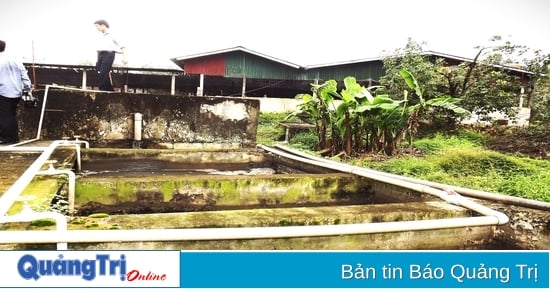

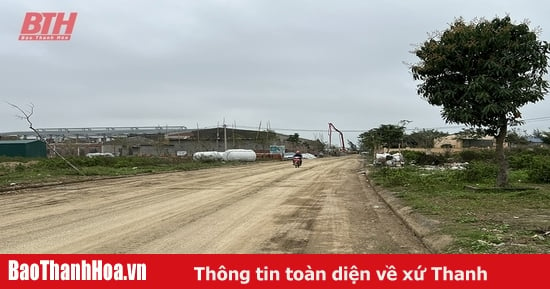
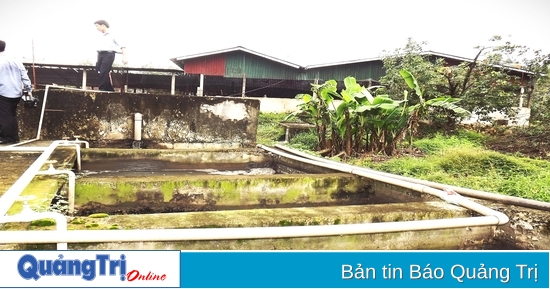
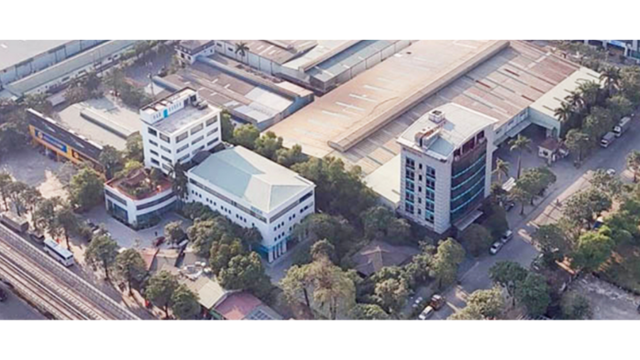

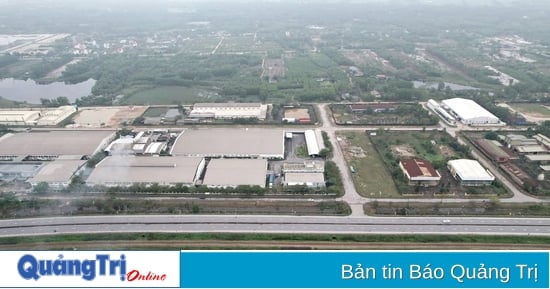
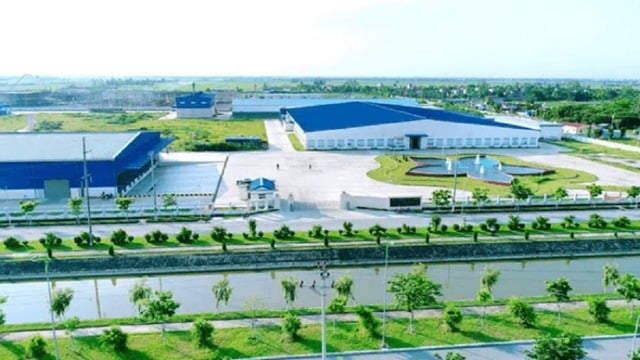
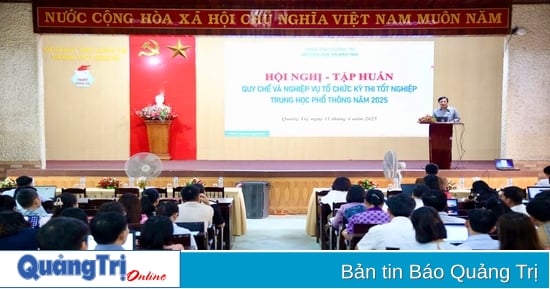

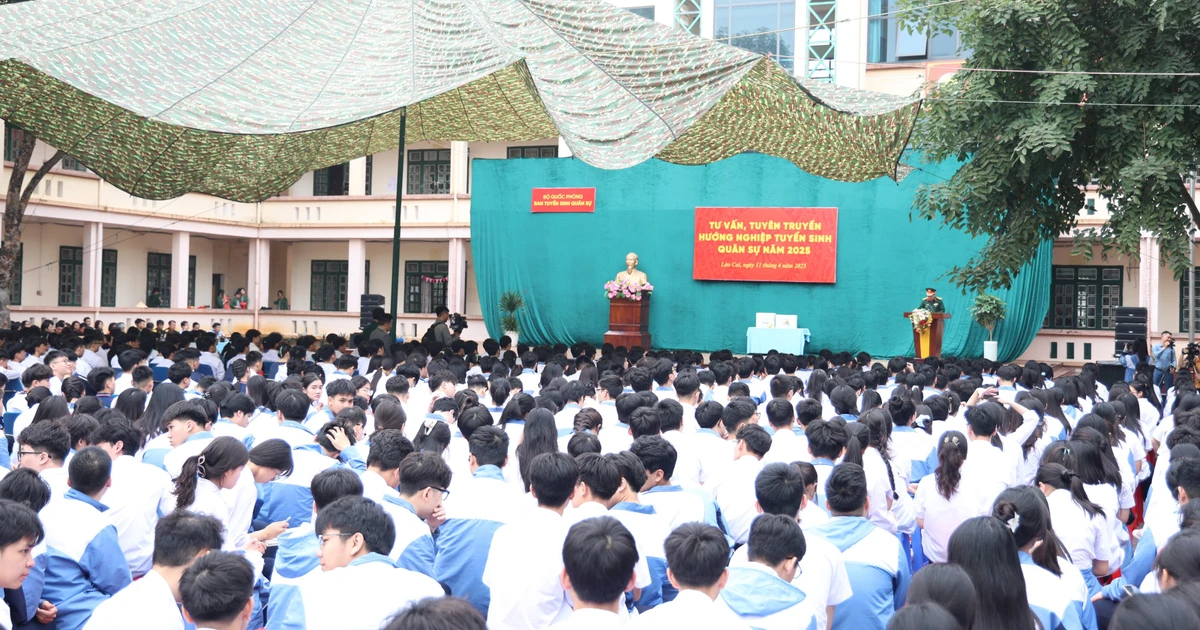


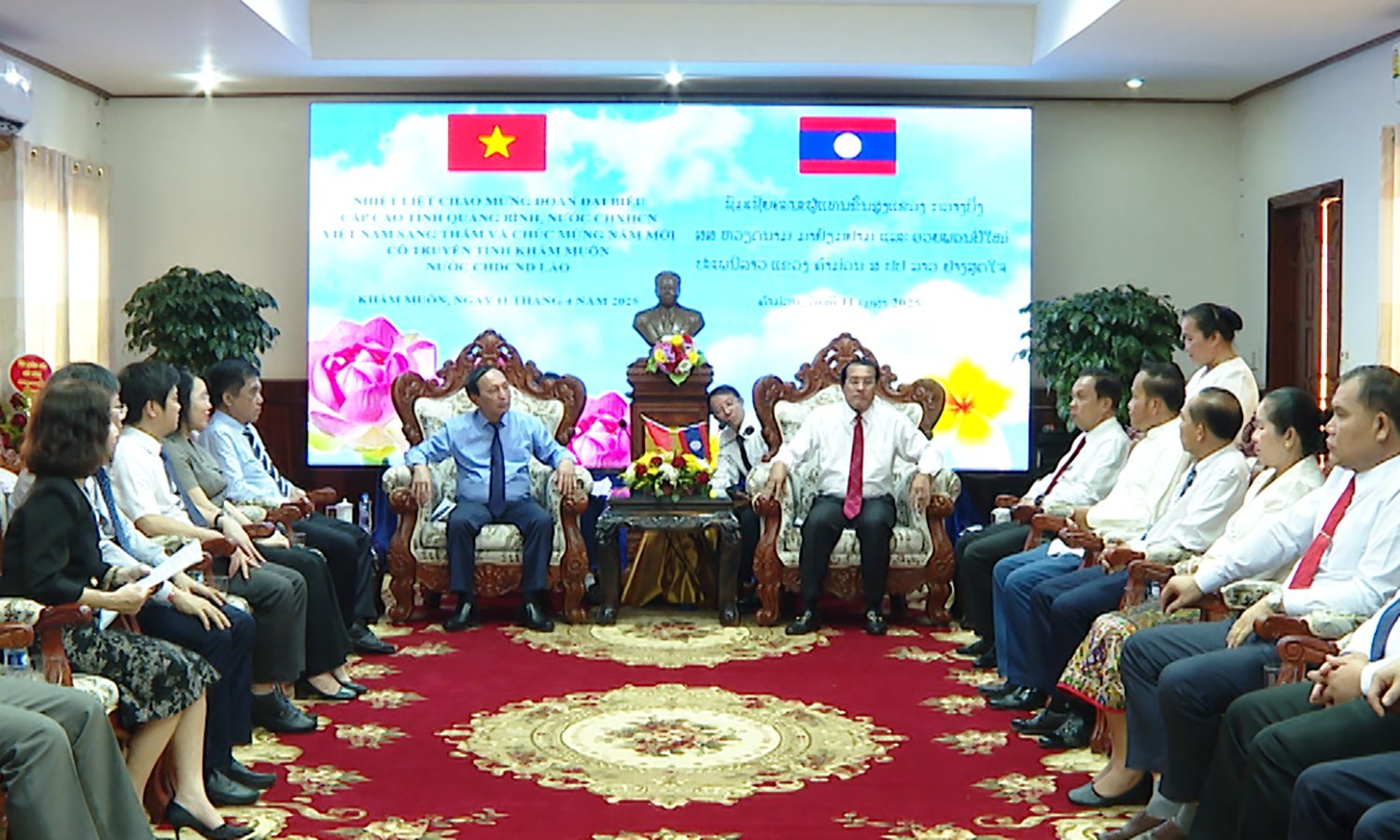





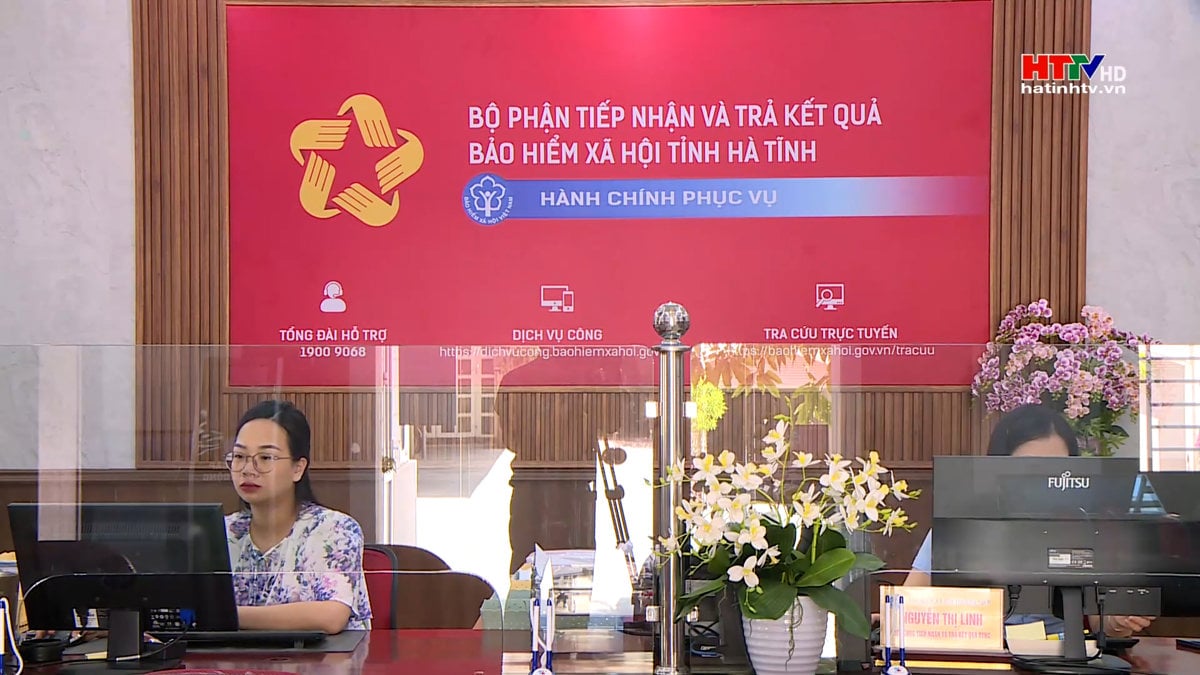
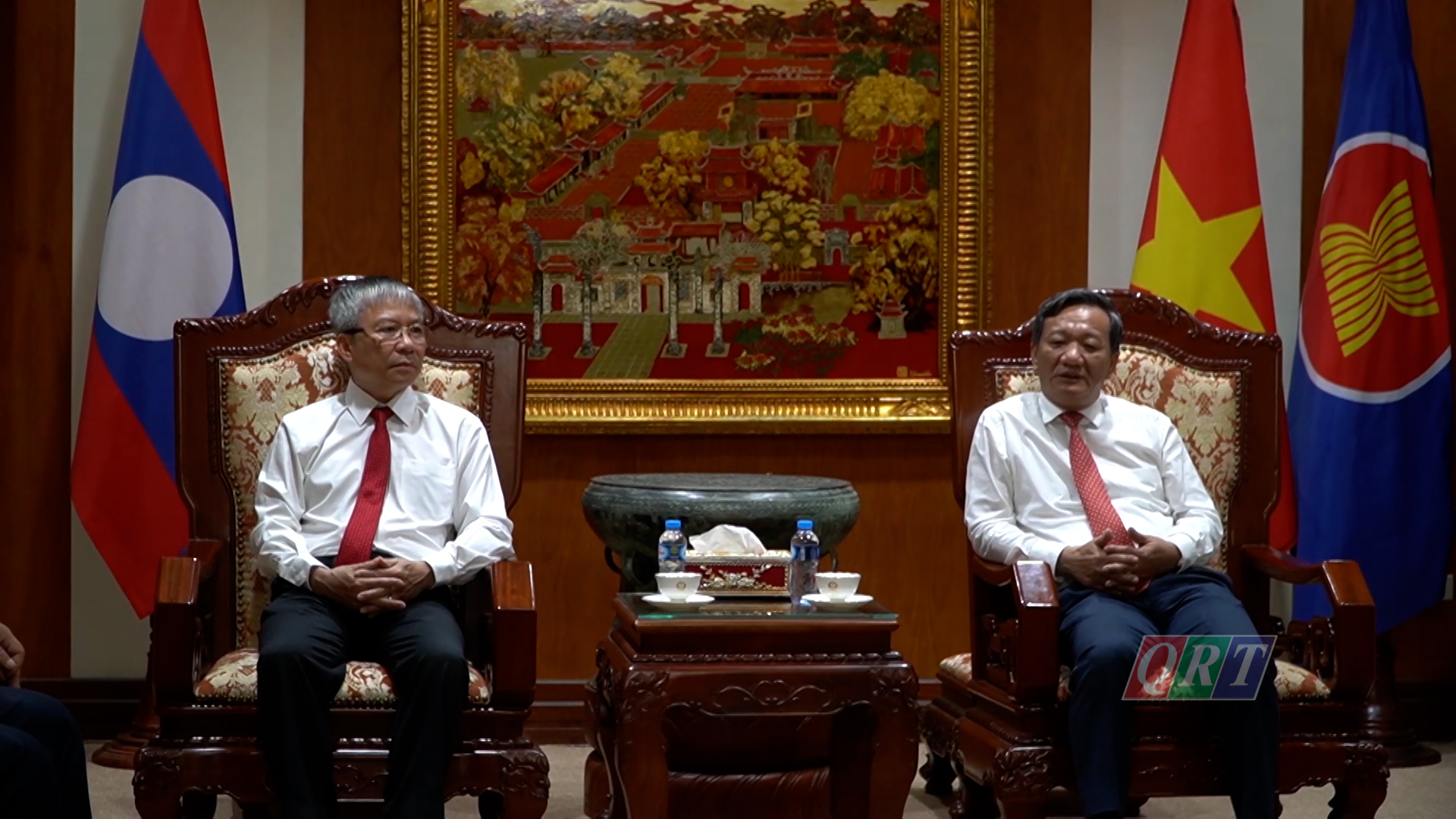
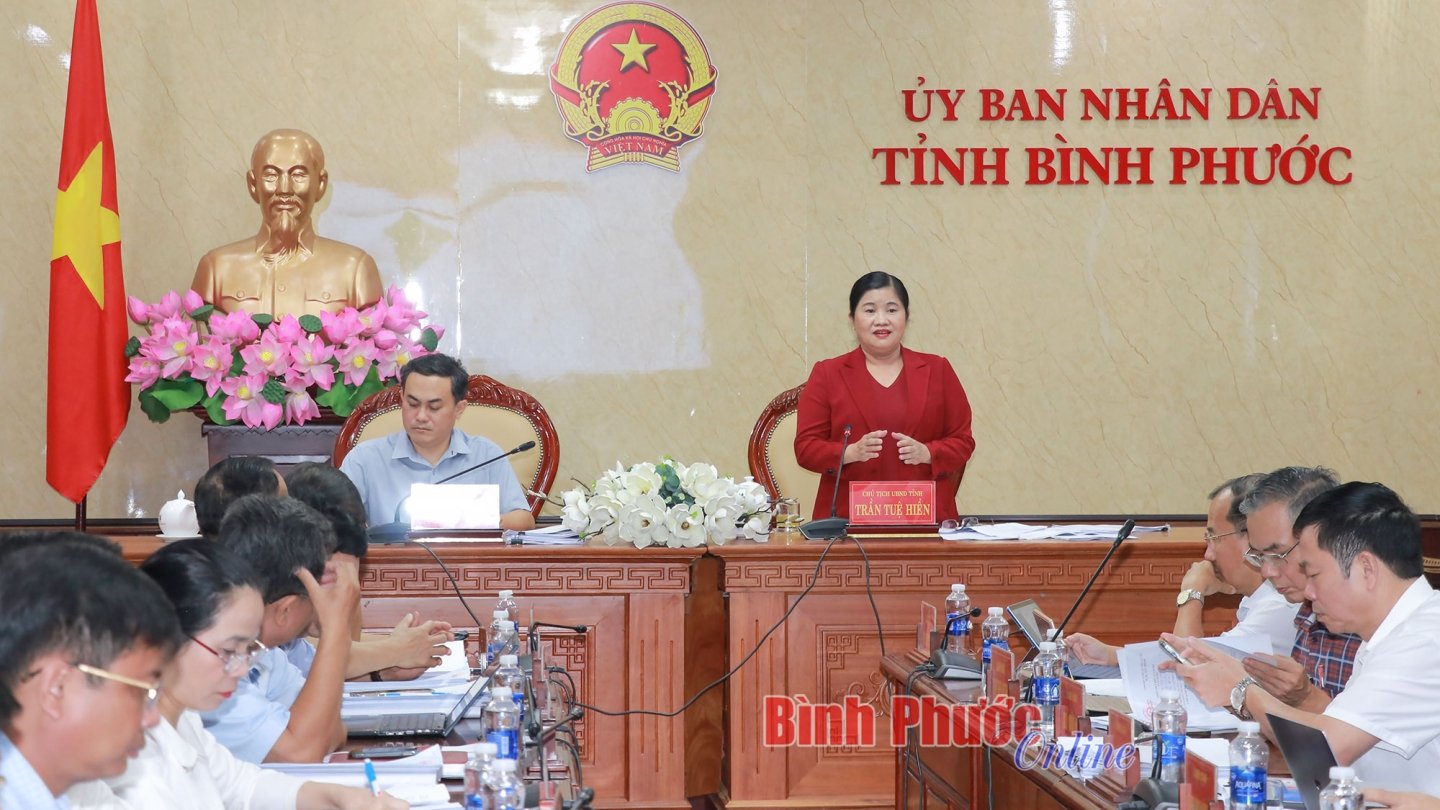








































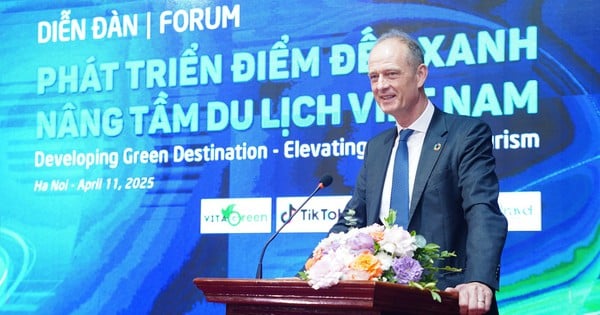


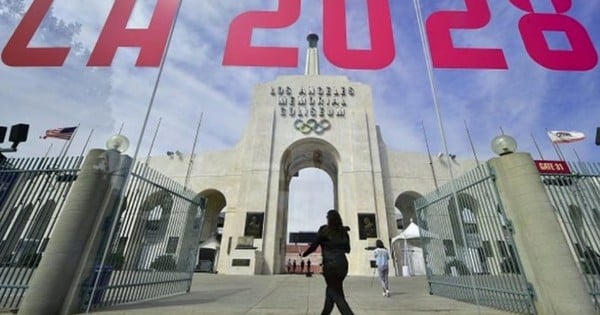



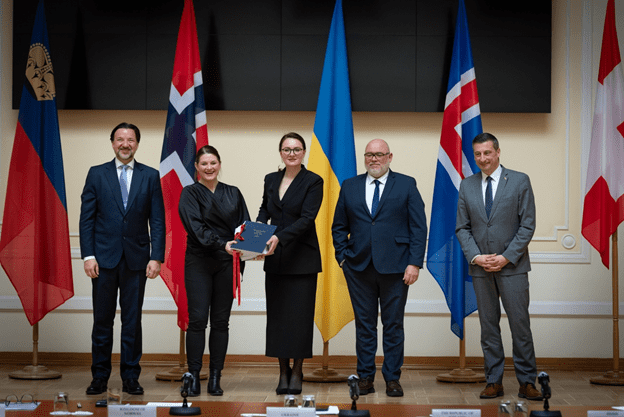


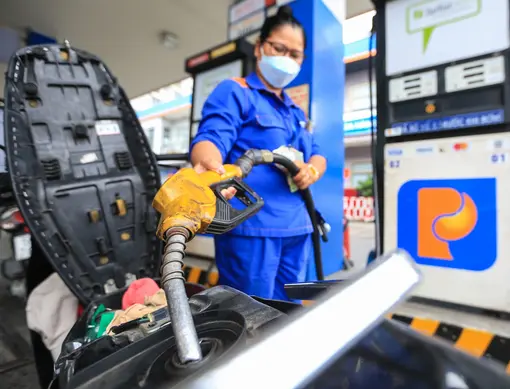
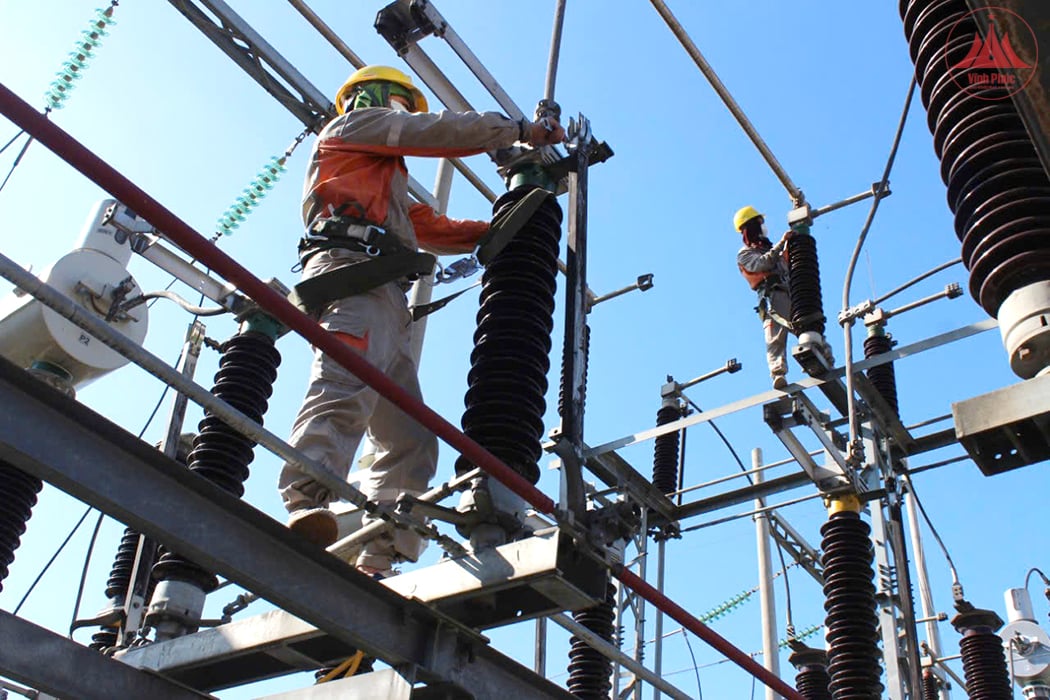

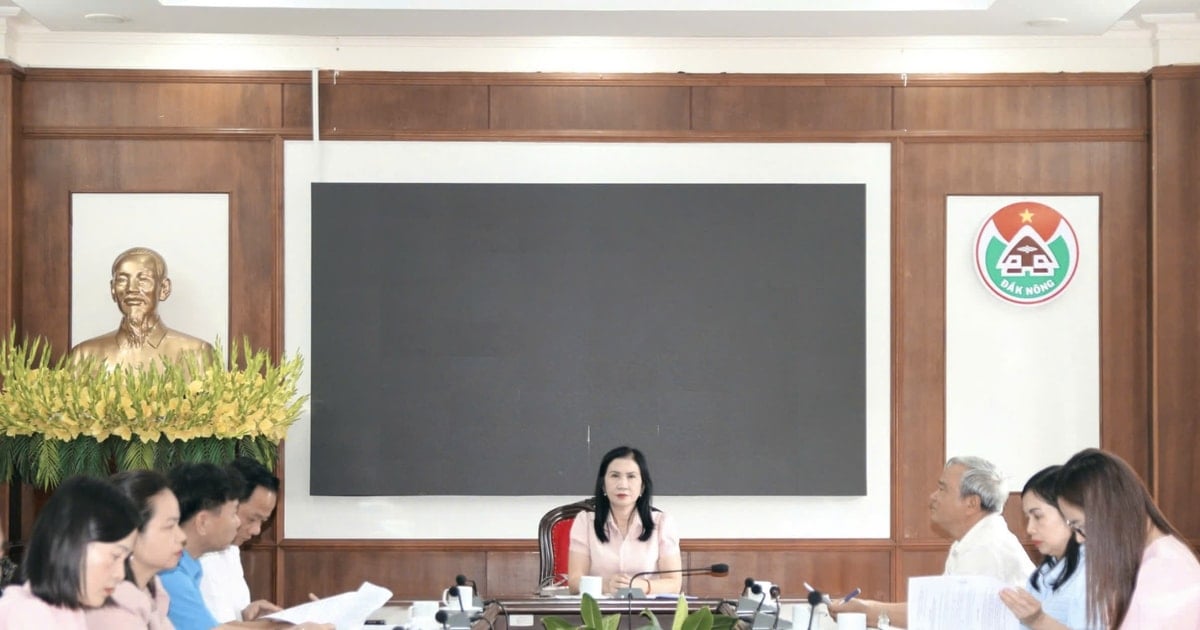

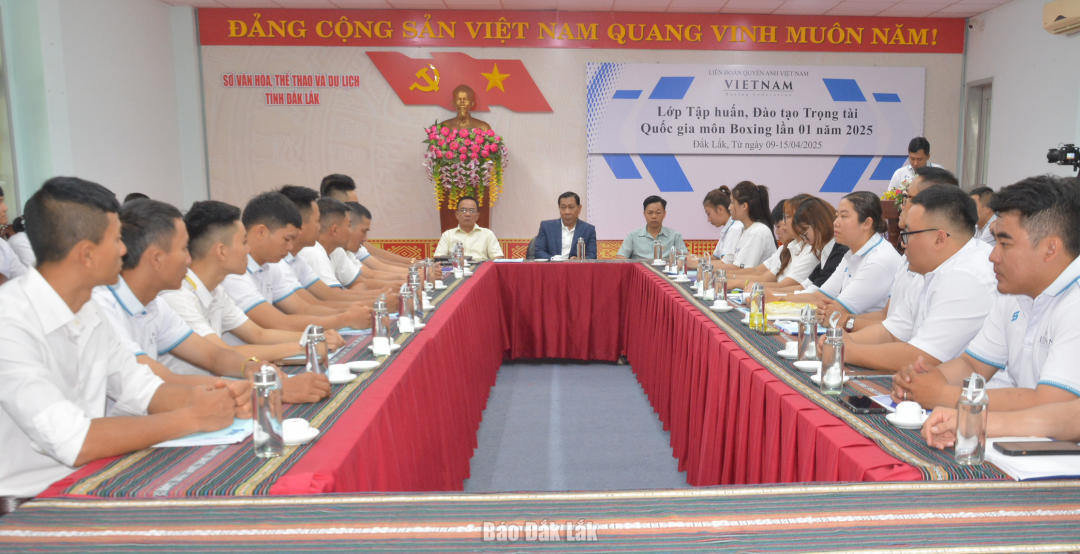










Comment (0)